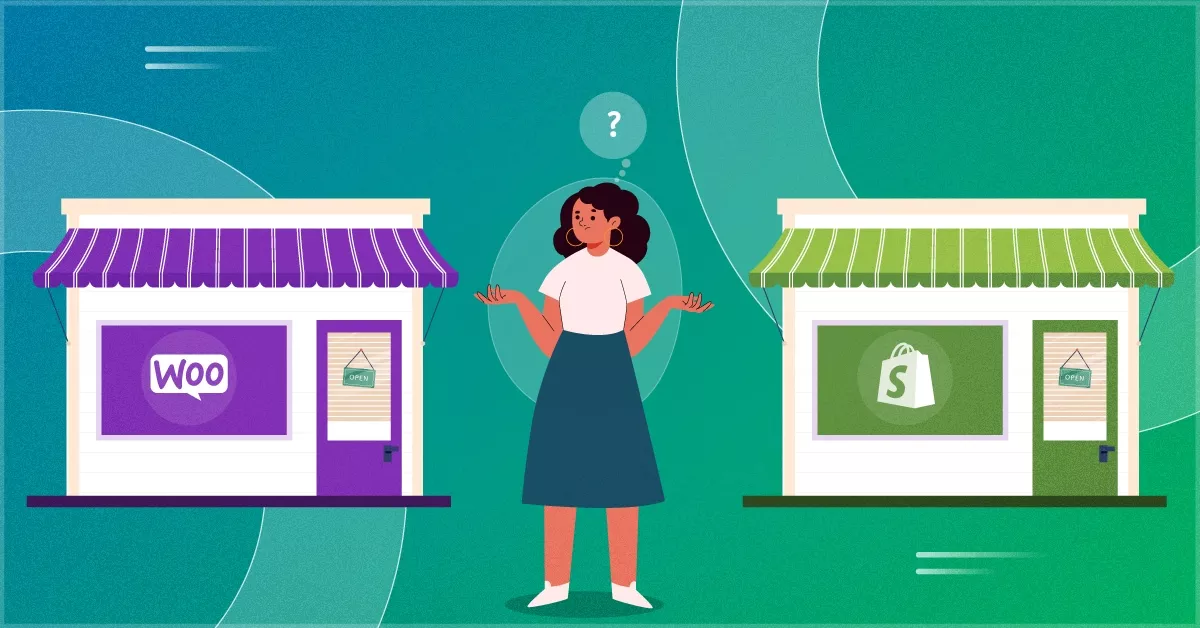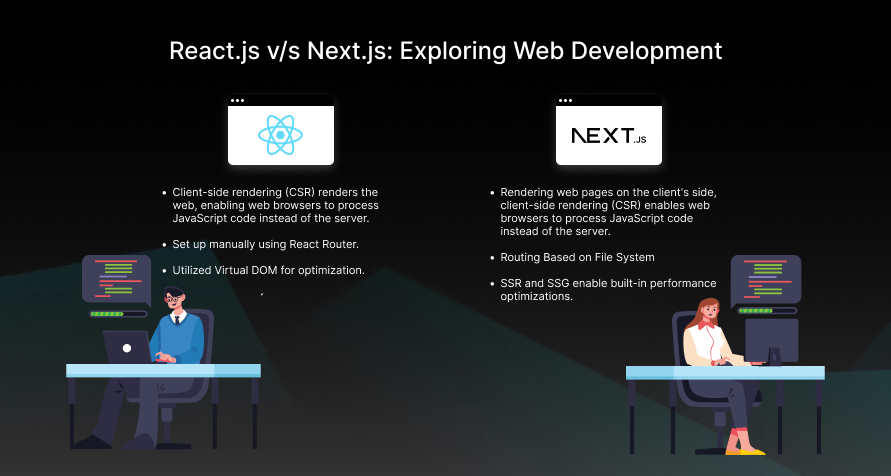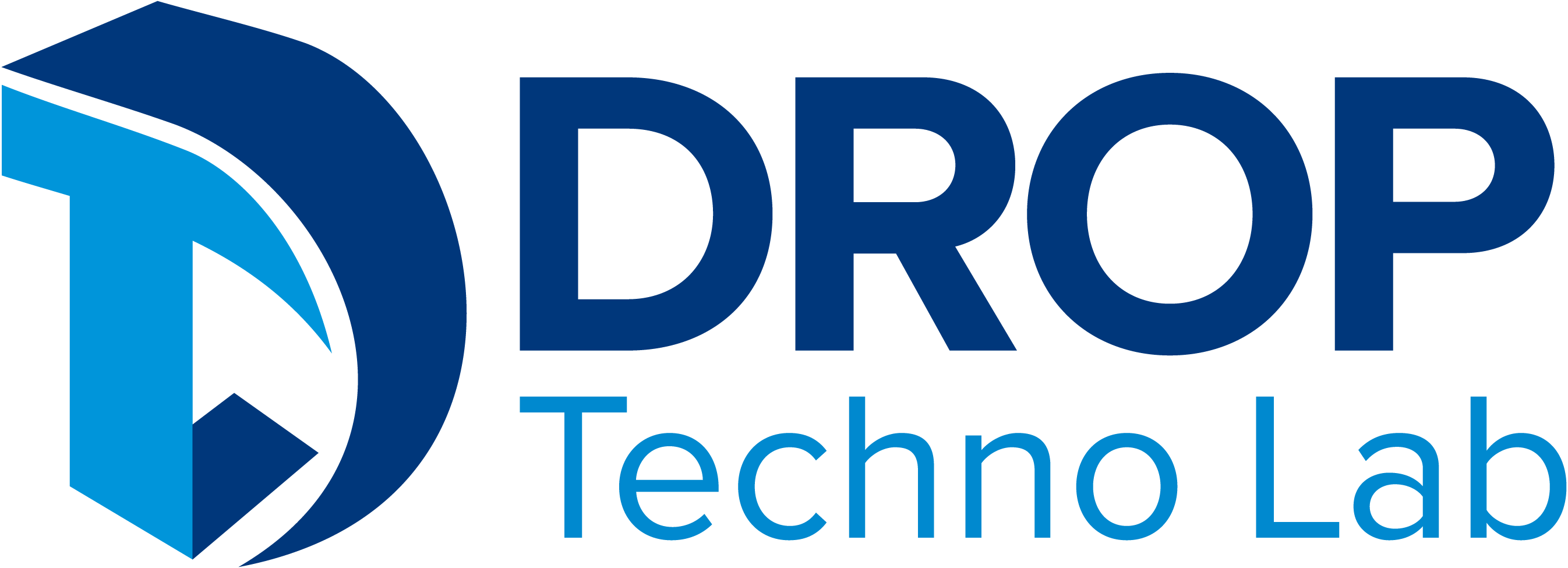What are Woocommerce and Shopify?
Are you looking for a reliable e-commerce platform to kickstart your online business? Look no further than WooCommerce and Shopify! These two giants offer many exciting features to help you take your online store to the next level.
- WooCommerce
- Shopify
What is WooCommerce?
- WooCommerce isn’t merely a standalone e-commerce platform; it’s an open-source plugin tailored for WordPress applications, facilitating the seamless construction of online stores.
- With WooCommerce and Shopify, setting up an online business is a breeze. You only need to install the plugin on your WordPress site or sign up for a Shopify account. Both platforms are designed with user-friendliness in mind, making starting an online store a smooth and straightforward experience.
- Since its inception in 2011, WooCommerce has soared in popularity, boasting over 6.5 million users globally by July 2022. Notable businesses like [Business A] and [Business B] have successfully used WooCommerce to build their online stores, contributing to its claim of the largest market share among e-commerce platforms.
- Its widespread acclaim stems from user-friendly interfaces, powerful features, and unparalleled customization options.
What is Shopify?
- In contrast to WooCommerce’s open-source nature, Shopify emerges as a comprehensive e-commerce solution that doesn’t rely on external platforms like WordPress.
- It offers many features tailored to meet various business needs, albeit at a monthly fee accompanied by transaction commissions. Commissions differ based on the Shopify plan and payment gateway used. Consider these costs before deciding on a platform.
- If you are a beginner who wants to set up an online store, Shopify is an excellent option. One of the reasons it stands out is its user-friendly interface, which is easy to navigate even for those who need more technical knowledge. With its drag-and-drop design tools and a comprehensive help center, users can quickly set up and manage their online stores.
Comparison between Woocommerce and Shopify:
| Comparing | WooCommerce | Shopify |
| Platform Type: | Open-source plugin integrated with WordPress. | All-in-one hosted e-commerce solution. |
| Setup and Installation: | Requires installation as a plugin on a WordPress website. | Offers a quick setup process with no installation required. |
| Customization: | Offers extensive customization options, leveraging the flexibility of WordPress themes and plugins. | It provides customization through its theme editor and app store but with more limited options than WooCommerce. |
| Pricing: | Free to install, but may incur costs for hosting, themes, and plugins. | Requires a monthly subscription fee, with additional charges for transaction fees, themes, and apps. |
| Hosting: | Self-hosted, allowing users to choose their hosting provider. | Hosted on Shopify’s servers, eliminating the need for separate hosting arrangements. |
| Themes and Design: | The platform provides a broad selection of free and paid themes that users can customize to fit their preferences. | Provides a selection of themes (both free and paid) with built-in customization tools. |
| Scalability: | This solution is highly scalable and suitable for businesses of all sizes, including those with complex needs | Scalable, with plans catering to businesses ranging from small startups to large enterprises. |
| Support and Maintenance: | It relies on community support and may require more hands-on maintenance. | Offers 24/7 customer support, handling maintenance and technical issues for users. |
| Payment Processing: | Our platform facilitates using various payment gateways and allows users to quickly integrate additional options as needed. | Offers its payment gateway, Shopify Payments, along with support for third-party gateways. |
| SEO and Marketing: | Integrates seamlessly with WordPress SEO plugins, offering robust SEO capabilities. | Provides built-in SEO features and marketing tools, simplifying promotional activities. |
| Security: | Security depends on the hosting provider and plugins used. | Offers SSL encryption and PCI compliance, ensuring secure transactions for users. |
| Ownership and Control: | Provides full ownership and control over the website and data. | Users rely on Shopify’s platform, with limited control over backend processes. |
Conclusion:
In conclusion, the choice between WooCommerce and Shopify hinges on individual business requirements and preferences. While WooCommerce excels in customization and integration with WordPress, Shopify shines in simplicity and accessibility in today’s dynamic world of e-commerce; businesses need to make informed decisions to stay ahead. If you seek a fast, appealing, and user-friendly e-commerce platform, consider exploring options like WooCommerce and Shopify. And remember, at Drop Techno Lab, we’re here to support you with our top-notch solutions and services to drive your business’s profitable growth and success in today’s dynamic digital landscape. Let’s Discuss Your Project and find the best solution for your online store.










